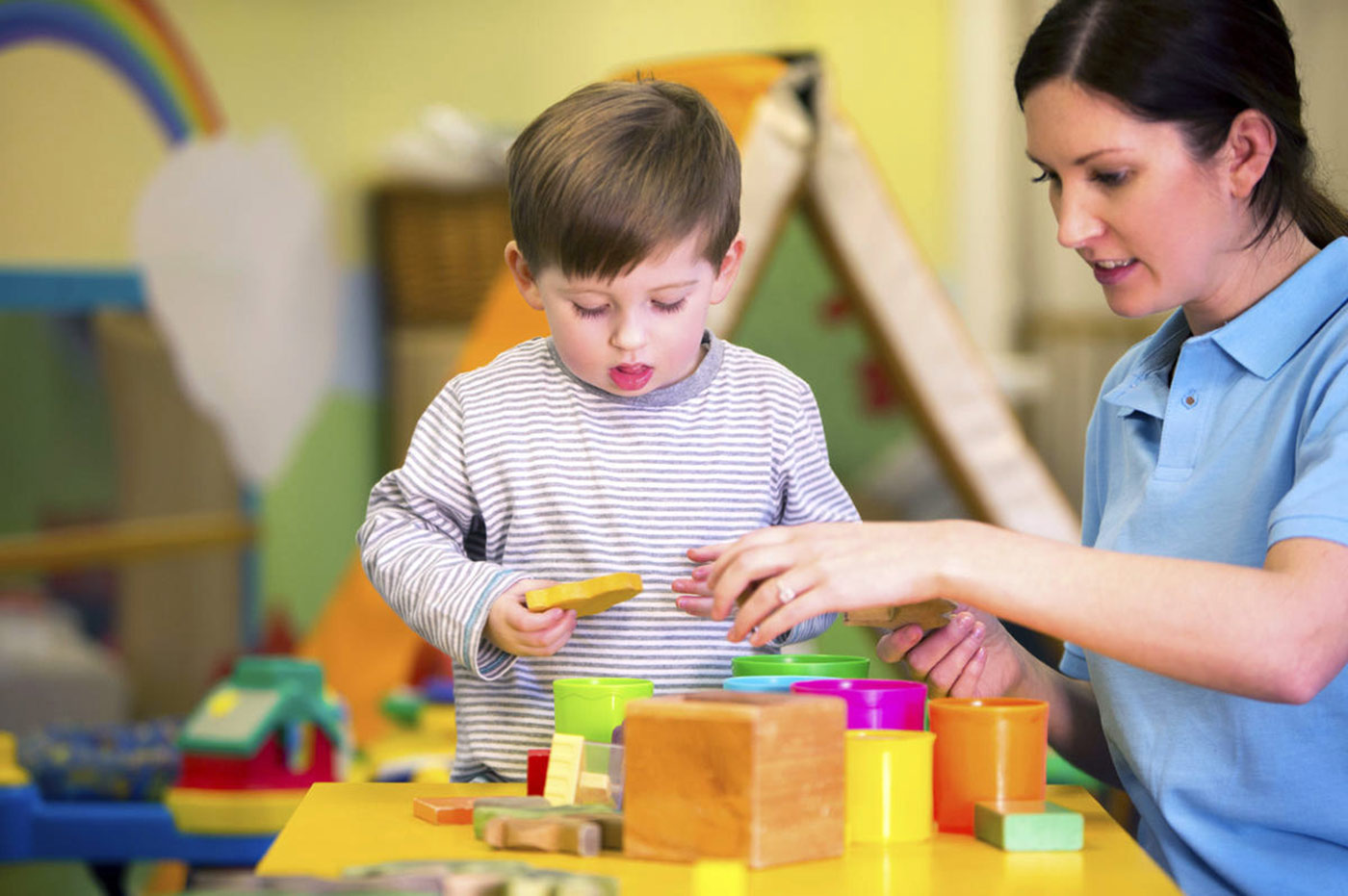
Did you know that you can help children build communication skills without saying a word?
For kids with communication delays or difficulties, interacting without talking can play a key role in helping them create a strong foundation for their development.
As an occupational therapist at ChildServe, I’ve seen kids with weak communication skills make exciting progress with support from their parents and therapists. One way we partner with families to help kids reach their communication goals is through an interactive course called Project ImPACT (Improving Parents as Communication Teachers).
Below, I’ve shared some of the tips that we teach in Project ImPACT so you can start making a difference for your child right away. Project ImPACT is designed for children with autism (age 2-6), but the skills we teach are helpful for parents of nearly all young children as they develop their ability to communicate.
1 – Follow your child’s lead during play.
Children learn through play. When you join in an activity they’re engaged in, and play the way they play, it helps get their attention. This might literally mean following them around your house. If they’re running, you run, if they’re laying down, you lay down. At first, a child might not want you to sit next to them to play. In this case, you can start by sitting back a few feet and playing the way they are. All of this can help them recognize that you are a part of their play, which sets the stage for interaction.
2 – Imitate your child’s speech or sounds.
When you imitate children, it helps them see that you’re interacting with them.
Imitate the noises your child is making, even if they aren’t saying words. The child may look at you and notice, “Hey! you’re doing the same thing I am!” I’ve experienced moments where imitating a child made him look up at me. Remember that eye contact is a form of communication. Whenever they look at us and engage through eye contact (even if they’re not speaking) that is their way of connecting.
3 –Prompt less, and wait more.
Sometimes communication delays are connected to difficulties with processing auditory information. When children struggle with their speech, it’s easy to fall into the habit of asking them the same question repeatedly. But this habit can be distracting and overstimulating. It might even cause them to shut down and stop trying to answer because they don’t have time to think or reply. Speech therapists often recommend prompting children for a response just once every 1-2 minutes. That might seem like a long time to wait, but it can really make a difference. I’ll never forget the time a child I work with was not responding to my frequent questions to complete a task. Finally, I asked him one time and stopped talking. After well over 30 seconds, he did the task with ease. Don’t be afraid to wait quite a while for your child to process a question: you may get a response or engagement!
If you’d like to learn more about joining a Project ImPACT course in Johnston, where ChildServe therapists will help you try out these tools and much more, call us at 515-727-8750.
About
ChildServe improves the health and well-being of nearly 5,800 children each year through specialized clinical, home, and community-based programs and services. We serve children with developmental delays, disabilities, injuries, and other special healthcare needs.
Follow Us
Contact Us
Johnston | 515-727-8750
Ames | 515-232-7220
Des Moines | 515-280-5332
Iowa City | 319-351-5437
Cedar Rapids | 319-777-7450
Links
